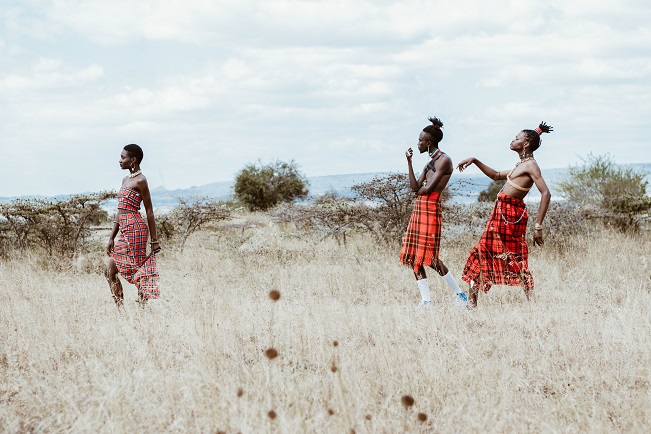Adventure travel is more than just visiting breathtaking landscapes and embarking on adrenaline-pumping activities. It’s about engaging with the essence of a place, understanding its history, and connecting with its people. Cultural immersion lies at the heart of adventure travel, offering travelers the chance to learn from and about the communities they visit.
In this blog post, we’ll delve into the enriching experience of cultural immersion and indigenous encounters during adventure travel, highlighting how these interactions contribute to personal growth, mutual understanding, and sustainable tourism.
The Essence of Cultural Immersion
Cultural immersion is the process of fully engaging with and understanding the customs, traditions, and way of life of a particular culture or community. This involves stepping out of your comfort zone, shedding preconceived notions, and embracing the unfamiliar. Adventure travel provides the perfect platform for such immersion, as it often takes us to remote areas where indigenous cultures thrive.
When we immerse ourselves in a new culture, we gain a deeper perspective on our own lives and values. It challenges us to see the world through different lenses, fostering empathy and open-mindedness. By participating in local activities, such as traditional ceremonies, cooking classes, or artisan workshops, travelers can connect with locals on a personal level. This shared experience creates a bridge between cultures, promoting a sense of unity in our diverse world.
Indigenous Encounters: A Pathway to Understanding
Indigenous communities are the stewards of unique cultural practices and knowledge that have been passed down through generations. Engaging with these communities can provide travelers with a profound understanding of history, spirituality, and sustainable living. It’s important to approach these encounters with respect and humility, acknowledging the value of indigenous wisdom.
When interacting with indigenous people, it’s crucial to prioritize their autonomy and consent. This means seeking out opportunities that are organized in collaboration with the community, ensuring that the encounters are authentic and respectful. These interactions might include storytelling sessions, guided tours of ancestral lands, or participating in community projects that promote cultural preservation.
Benefits of Cultural Immersion and Indigenous Encounters
Personal Growth: Immersing yourself in a foreign culture challenges your perspectives and encourages personal growth. You learn to adapt, communicate, and navigate unfamiliar situations, which can boost your self-confidence and resilience.
Cultural Awareness: Cultural immersion promotes cultural sensitivity and awareness. By experiencing daily life in a different culture, you gain insight into the challenges and joys faced by the community.
Global Understanding: Engaging with indigenous people fosters cross-cultural understanding. It’s an opportunity to dispel stereotypes, connect as humans, and realize our shared values and aspirations.
Preservation of Traditions: Indigenous encounters can play a role in preserving cultural traditions. By supporting these communities through responsible tourism, you contribute to the continuation of their unique way of life.
Sustainable Tourism: Responsible cultural immersion supports sustainable tourism practices. When conducted ethically, these interactions can create economic opportunities for local communities without compromising their heritage or environment.
Memorable Experiences: The memories forged through cultural immersion and indigenous encounters are often the most cherished from a trip. They provide stories to share and reflections to ponder long after you’ve returned home.
Challenges and Considerations
While the benefits of cultural immersion and indigenous encounters are significant, it’s important to approach these experiences with mindfulness and respect. Some key considerations include:
Cultural Sensitivity: Research and familiarize yourself with the cultural norms and customs of the community you’re visiting. Respect local traditions, dress codes, and etiquette.
Responsible Photography: Always ask for permission before taking photos of individuals or sacred sites. Photography can be invasive and disrespectful if not done thoughtfully.
Language Barrier: Language differences can be a challenge, but even basic greetings and attempts to communicate in the local language can go a long way in establishing rapport.
Economic Impact: Ensure that your interactions contribute positively to the local economy. Buy from local artisans, support community initiatives, and choose responsible tour operators.
Cultural immersion and indigenous encounters are essential components of responsible adventure travel. Engaging with diverse cultures and communities enriches our understanding of the world and our place in it. These experiences foster personal growth, cultural sensitivity, and global unity. By approaching these encounters with respect and a willingness to learn, we contribute to the preservation of traditions and the empowerment of indigenous communities. Ultimately, cultural immersion through adventure travel has the power to create lasting memories, broaden perspectives, and inspire positive change both within ourselves and in the wider world.











